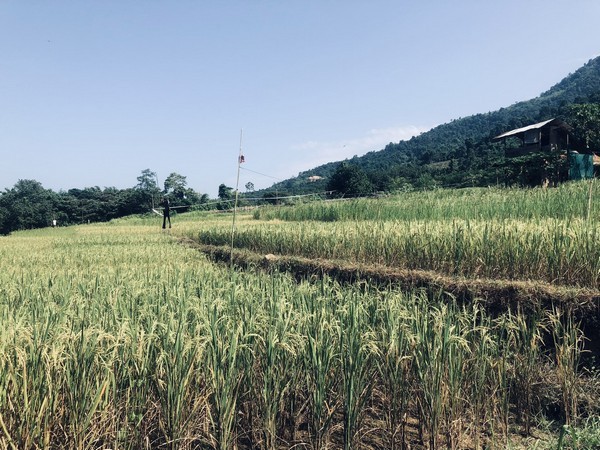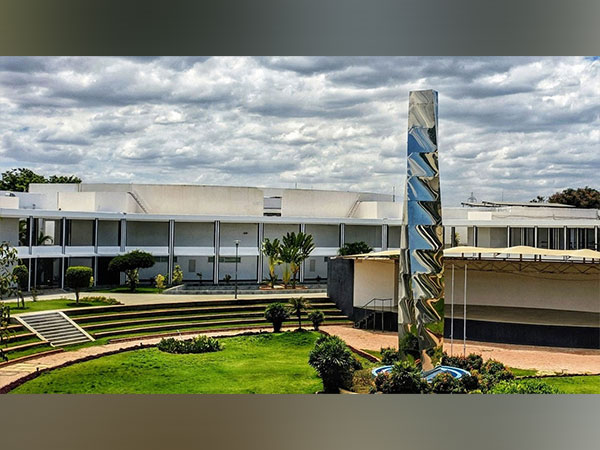
Norway's seed vault, dedicated to crop diversity, turns 15
Feb 27, 2023
Longyearbyen[Norway], February 27:On the remote northern Norwegian archipelago of Svalbard, the 15th anniversary of the Global Seed Vault was celebrated on Sunday.
The vault was opened on February 26, 2008 and it is often referred to as the "Noah's ark of plant diversity."
The vault contains almost 1.2 million seed samples from all over the world, including wheat, beans, rice, barley, fruit, vegetables, herbs and other plants.
Its central task is to secure crop diversity on Earth and the food supply for mankind.
The facility also gives gene banks the opportunity to access backup copies of their collections in the event of a disaster.
The seeds from all over the world are stored at a constant minus 18 degrees Celsius in the facility near the town of Longyearbyen, which lies within the Arctic Circle.
The seeds are placed in vacuum-packed aluminum bags, which are stowed away in boxes in three refrigerated chambers that are shielded from the outside world.
Locals attended a ceremony at the Svalbard Museum in Longyearbyen, where Mayor Arild Olsen spoke about how proud residents were to host to the vital facility.
The people of Longyearbyen and their leaders have helped make the operation a success, said Norway's State Secretary of Agriculture and Food WencheWestberg, who was also in attendance.
Teenagers from the village who are 15, the same age as the seed depository, are also set to help deposit new seed duplicates in the vault on Tuesday.
"For us, Svalbard is a life insurance policy that we may never use," says Stefan Schmitz, executive director of the Bonn-based Global Crop Diversity Trust, or Crop Trust for short. "It's life insurance for feeding the world in the 21st century." In the days surrounding the anniversary, dozens of boxes with almost 20,000 new seed samples from 20 gene banks around the world are expected to arrive.
Among them are around 2,750 samples from the Leibniz Institute of Plant Genetics and Crop Plant Research in Germany, the country's largest such facility.
Samples from the the Julius Kühn Institute in Quedlinburg are also expected.
Source: Qatar Tribune









